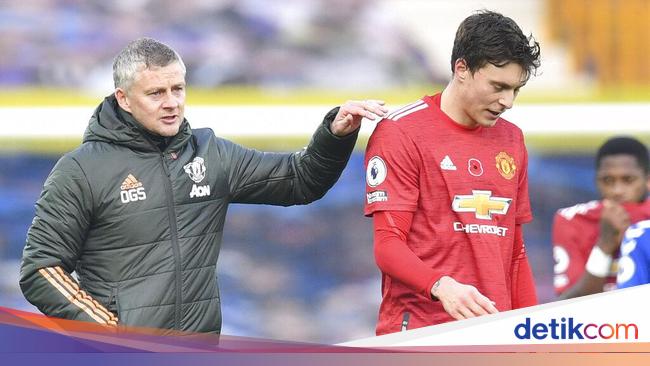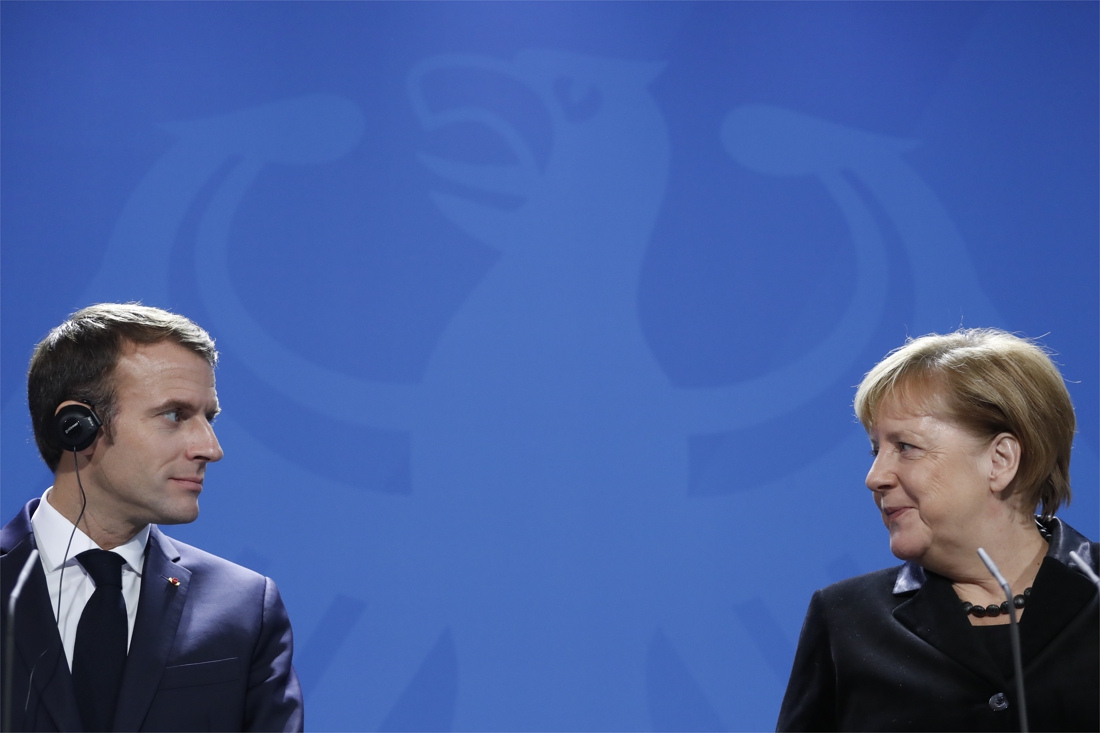The case of Fernando Gaviria, the cyclist who was twice infected with the coronavirus, is not unique: “Low numbers but sufficient to make us wonder why this happens”, underlines Professor Clementi
The case of Fernando Gaviria, the 26-year-old Colombian cyclist who is himself twice infected with the coronavirus, fueled doubts and fears about the Covid-19 and the possible immunity of the sick. In fact, Gaviria’s was not the only case of reinfection, even if it is still very low numbers. But what is known to date of the immunity to the new coronavirus Sars-CoV-2? “Immunity is one of the issues on which the whole scientific community has been most questioned”, underlines to Gazzetta Active Professor Massimo Clementi, Full Professor of Microbiology and Virology of the Vita-Salute San Raffaele University and director of the Microbiology and Virology Laboratory of the San Raffaele Hospital.
“A new virus creates new problems. We knew the ‘cousins’ of this virus, but the behavior is not always the same between ‘relatives’. This is a very diffusive virus, even if relatively less pathogenic than the other epidemics of the past such as Sars 1 and the Mers virus, which had given more limited epidemics but with a higher percentage mortality. In this case, in absolute numbers, mortality is very high but because the virus circulates a lot. The epidemic of March-April-early May was an epidemic, at least in our country, which mainly affected people with advanced age and comorbidities. We saw young people in the summer, around the second half of July. At that point, the real recovery of the infections began, thanks to the reopened discos and holidays abroad in places where the epidemic was not yet under control “.
One of the few things known to date about the new coronavirus is that previous diseases such as diabetes or obesity are risk factors. Are there other certainties?
“In addition to diabetes and obesity, even an age over 65, arterial hypertension and various types of heart disease are cofactors that are more frequently accompanied by an unfavorable evolution of the disease”.
Why, albeit rare, have there been cases of young people who have had severe forms of Covid-19?
“Young people generally have an asymptomatic or slightly symptomatic infection. The extent of the symptoms is individually different: there may be a shorter or longer feverish episode, usually no longer than two days, muscle and joint pains, fatigue that lasts a few days. Individually there is a remarkable variety, as in other viral diseases. But severe lung forms such as pneumonia in young people are very rare. The known cases are mostly anecdotal cases. Mortality under 40 is 1% of the total ”.
It is not known why, however, these young people are seriously ill?
“No. Various factors are being investigated, including genetic ones, but it is not yet known why in some cases there is a severity, albeit a very limited percentage, even in young subjects ”.
Are women still more protected today?
“Yup”.
Are you immune after contracting Covid-19?
“The most recent studies show that almost all patients, about 80%, develop neutralizing antibodies after infection, that is, antibodies that block the virus. It is not known, being a recent infection, how long these antibodies remain in circulation. In this case, we know that most people who become infected with Covid-19 develop neutralizing antibodies. There is also a small proportion of people who become infected again. There are 31 certain cases in the world, of subjects who have become infected twice. Among these, in fact, the cyclist Gaviria. These are low numbers but sufficient to make us wonder why this happens, why some perfectly healthy people, not immunosuppressed, do not react. It has also been seen that these second infections tend, in these subjects, to be a little more serious than the first infections “.
Isn’t the vaccine then in danger of not being effective for a long time? Should we invest more in care?
“We are investing heavily in the cure, which will come before the vaccine. Vaccines, even from a media point of view, attract more attention. But there are many trials with neutralizing monoclonal antibodies, one also in Italy developed by Professor Rappuoli of Siena, who are facing phase three. The results are extraordinary. There is no longer a need for hospitalization for the people treated: they are treated at home. The treatment with monoclonal antibodies involves a single intramuscular injection and the results, if confirmed, are extraordinary “.
How important is the early diagnosis for the effectiveness of the treatment?
“It matters a lot. For example the Remdesivir, viral polymerase inhibitor already used against Ebola, if applied very early it blocks viral replication and is very effective. But this in cases of viral pneumonia, not in people who have an asymptomatic infection “.
Are there any protective factors in the immune system prior to infection?
“I would say no, on a scientific level there is nothing proven”.
What are your predictions regarding this second wave?
“I am more concerned about the political decisions of the vaccine race or the cure. THE lockdown from the social point of view they are paid dearly. While from a scientific point of view the research has been extraordinary. It was possible in a few months to do what is usually done in a few years. We will likely have more vaccines in a few months. And the drugs will be available soon ”.
Do you think that a lockdown could cause damage to general health even for non-Covid patients?
“There was a moment, between the beginning of March and the end of April, when in Italian hospitals, and in particular in Lombardy ones, only Covid was treated. Cancer patients, for example, have postponed scheduled surgeries. We risk losing many patients who have to give up their care. I am against drastic measures except in two cases: when the epidemic has reached a level where the possibility of hospitalization is saturated, for example, all intensive care is saturated for Covid. And then a brake is needed, such as lockdown. The second possibility is that I want to slow down the epidemic because I see the vaccine on the horizon: if it is enough to wait a month, then it can be done. But right now I don’t see either of these two conditions, I certainly don’t see the first one, not in Lombardy, at least. In this respect the recent Dpcm is quite balanced ”.
From a medical-scientific point of view, are you in favor of open schools?
“Despite having had an initial distrust of what Minister Azzolina said, the school was well organized, an effort was made to distance the children, and the result has been seen: cases of school infection are reduced. The risk is before and after. It was thought about reopening the schools and not about public transport. There is the risk. I consider that the school situation has been handled quite well. Tour buses could have been used. Schools must remain open. Closing school means that for two years our young people have no education, no training. The whole country regresses ”.
If you had a school-age child, would you safely send him to school?
“Certainly yes, with all the necessary precautions: mask, hand sanitization and, above all, distance. The template generates an artificial spacing. In general, it is always good to keep even a meter and a half two away. If I stay away I don’t get infected “.
Read also: Diabetes and Covid-19, the risks come from blood sugar and weight
Follow us on our social channels!
–


